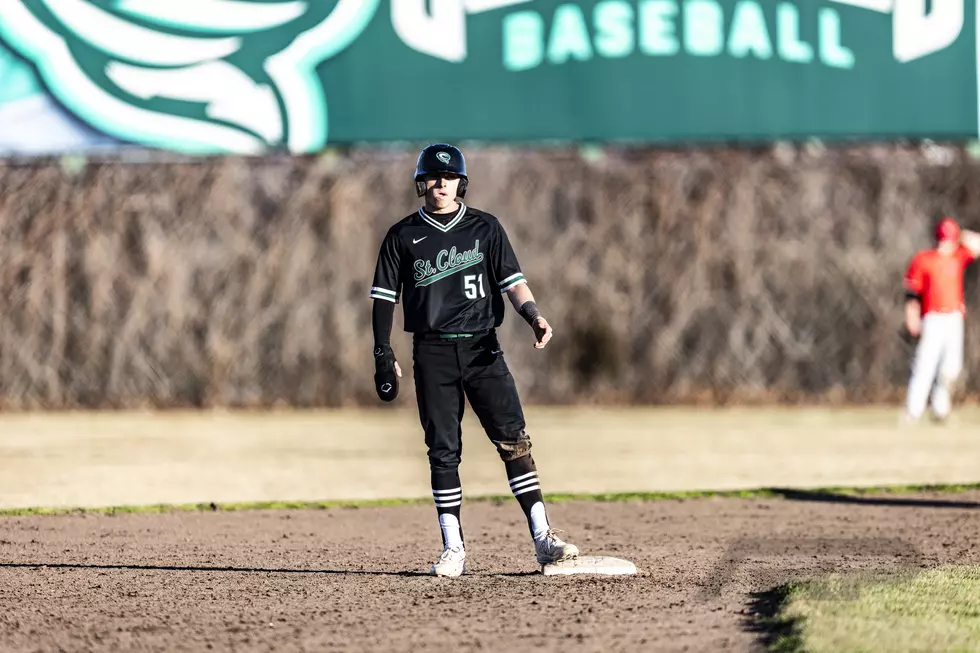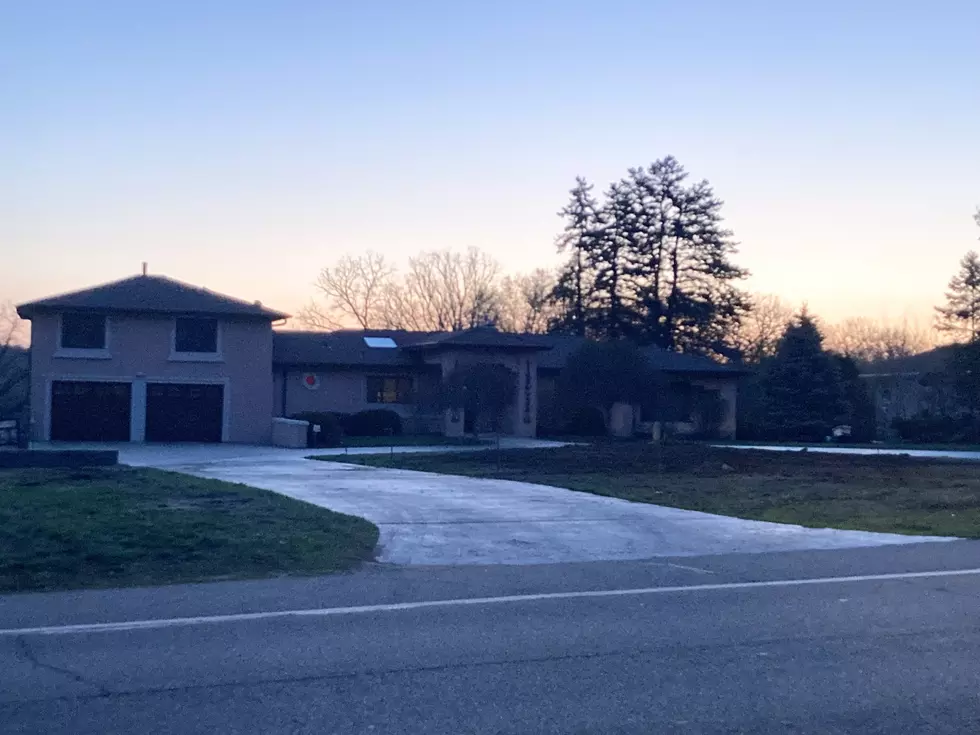
How to help your child through a bad day!
ST. CLOUD -- School has just started across the state, but many parents already know what to expect. Eventually, sometime, your children will come home after a bad day at school. What do you say? How do you handle it? What happens if one bad day turns into two? Or Three?

Laura Linn Knight is the author of the new book, Break Free From Reactive Parenting. She says every parent has the same challenge.
It's so hard when our kids come home, and they're just struggling at school, or they're struggling to even go to school. When our kids are struggling, we want to hold space for them, and we want to build them up.
So what should you do?
Knight says the key to handling the frustration of children as they come home from school is to avoid overreacting. Let your child lead the way.
So often what our kids need is us to hold space for them to have all of those big feelings. Whether that's the younger kids, and we're playing with dolls and toys with them and they're kind of working it out to role-playing, or it's an older child, and it's like, Hey, let's go, you know, throw some baskets into the hoop, and just get out some of that energy. And then you find that they're opening up. It's really always about connection and holding space for your child to talk to you.
“Holding Space” means simply being present for your child when they’re ready.
My phone is away. I am not multitasking. I am there. I am there for all of the feelings even though sometimes their big feelings can make me feel very uncomfortable.
Are there non-verbal clues?
Sometimes, parents only have a feeling that something isn’t right. There are warning signs that something is wrong.
There's the outright, just withdrawn and your child is more mopey and they don't want to participate. They're not eating as much. And those are really easier clues to pick up on because we would expect that from our child. But sometimes it can come out also as hyperactivity. So they just have so much going on and so many feelings, that they're kind of bouncing off the walls and they're really unregulated in that way and they're bursting out emotionally or they're saying things they wouldn't normally say.
Knight says there are starting blocks and ways to get the conversation started when a parent knows there’s something wrong.
I think the first step is always the awareness that it's happening. The first chapter of my book is completely dedicated to self-regulation tools for parents. Because if we, as the parent, (are) not regulated myself, and then I have no chance, or hope of doing any of these other things with my child, I'm not going to be able to avoid power struggles, I'm not going to be able to support them when they have a hard day at school, I'm going to be yelling when they're trying to get out the door to even get to school. And so I have to stop the cycle because I set the tone in my home as adults.
The “Screen Time Dilemma”
For 21st-Century parents, screen time is an ongoing battle. However, Knight found some interesting facts when researching her book.
I knew that screen time was a battle. But what I really didn't understand before I began research was just the fact that screen time was having on children's dopamine levels in their brain, and how addictive screens are in an unhealthy way. And so I have done a lot of work with parents. How do we set limits, not only for our children around screens but also for the parents, because what I found is that parents are actually using screens even more than their children are.
For more information on Break Free From Reactive Parenting click here.
Listen to the entire conversation with Laura Linn Knight below.
Minnesota Area Codes as Work Shoes
More From AM 1240 WJON









